2019 Pommard, Domaine Philippe Pacalet, Burgundy
About this WINE
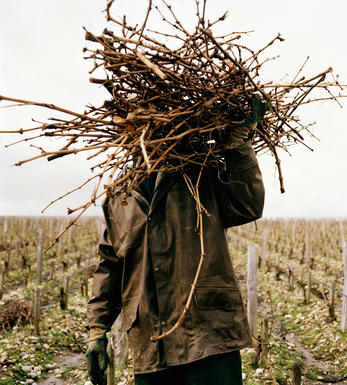
Phillipe Pacalet
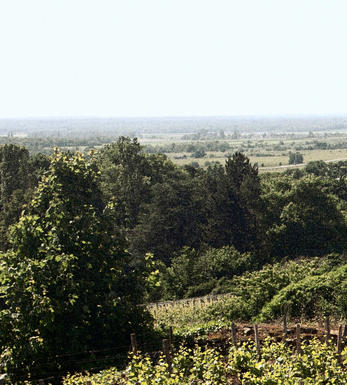
Pommard
The most powerful red wines of the Côte de Beaune emanate from Pommard, where complex soils with a high proportion of iron-rich clay produce deep-coloured, relatively tannic wines. A Pommard that is ready to drink in its first few years is probably not going to be a great example of the appellation.
Two vineyards stand out: the lower part of Les Rugiens, which has been mooted for promotion to Grand Cru status, and the five-hectare, walled Clos des Epéneaux, monopoly of Comte Armand.- 212 hectares of village Pommard
- 125 hectares of Premier Cru vineyards (28 in all). The finest vineyards include Les Rugiens, Les Epénots (including Clos des Epéneaux) and Pézérolles
- Recommended producers: Comte Armand, de Montille, de Courcel, J-M Boillot
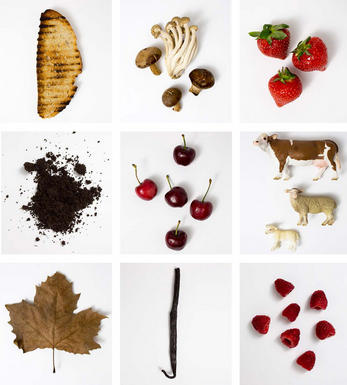
Pinot Noir
Pinot Noir is probably the most frustrating, and at times infuriating, wine grape in the world. However when it is successful, it can produce some of the most sublime wines known to man. This thin-skinned grape which grows in small, tight bunches performs well on well-drained, deepish limestone based subsoils as are found on Burgundy's Côte d'Or.
Pinot Noir is more susceptible than other varieties to over cropping - concentration and varietal character disappear rapidly if yields are excessive and yields as little as 25hl/ha are the norm for some climats of the Côte d`Or.
Because of the thinness of the skins, Pinot Noir wines are lighter in colour, body and tannins. However the best wines have grip, complexity and an intensity of fruit seldom found in wine from other grapes. Young Pinot Noir can smell almost sweet, redolent with freshly crushed raspberries, cherries and redcurrants. When mature, the best wines develop a sensuous, silky mouth feel with the fruit flavours deepening and gamey "sous-bois" nuances emerging.
The best examples are still found in Burgundy, although Pinot Noir`s key role in Champagne should not be forgotten. It is grown throughout the world with notable success in the Carneros and Russian River Valley districts of California, and the Martinborough and Central Otago regions of New Zealand.


Buying options
Add to wishlist
wine at a glance
Delivery and quality guarantee